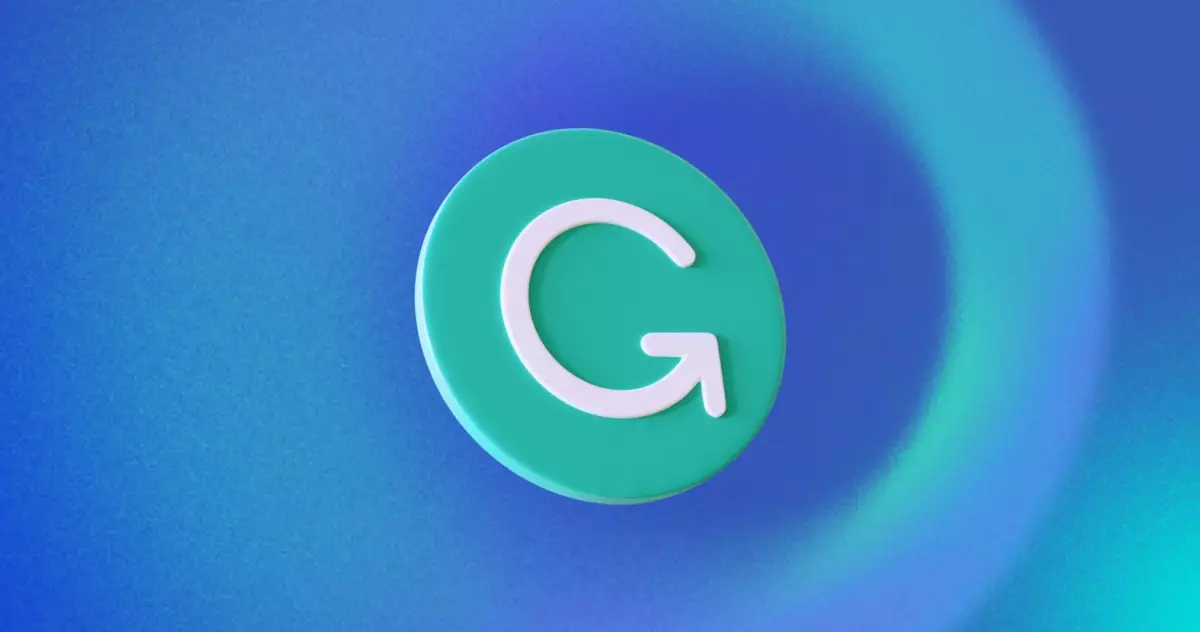In a move that underscores the growing significance of artificial intelligence in productivity tools, Grammarly has announced its acquisition of Coda, a startup known for its innovative workspace solutions. This acquisition, detailed in a Tuesday announcement, signals a new chapter for Grammarly as it seeks to evolve its AI assistant beyond just writing enhancement. By integrating Coda’s advanced tools and systems, Grammarly aims to position itself as a comprehensive AI productivity platform.
The announcement also marks a leadership transition, with Coda’s CEO, Shishir Mehrotra, stepping in as the new CEO of Grammarly. Rahul Roy-Chowdhury, the current CEO, will transition to an advisory role, allowing Mehrotra to implement his vision for the company. Mehrotra, with an extensive career in technology including roles at YouTube, brings a wealth of experience that could pave the way for innovative developments at Grammarly. His ambition is clear: to craft an AI assistant that not only provides insightful writing suggestions but also seamlessly integrates with a variety of platforms including email clients, document repositories, and project management tools.
According to Mehrotra’s blog post, users can anticipate features that enhance functionality beyond grammar checks. The integration with Coda will introduce generative AI chat options and a full suite of productivity tools, enabling users to navigate their tasks with unprecedented efficiency. This expansion into productivity features aims to cater to a digitally driven workforce that increasingly relies on sophisticated tools to manage their varied tasks. Mehrotra envisions a future where Grammarly becomes a central hub for users’ workflows, merging writing assistance with operational capabilities.
Financial terms of the acquisition remain undisclosed; however, the strategic implications are expansive. Grammarly, boasting a valuation of $13 billion and a user base exceeding 40 million, consolidates its stance in an environment teeming with competition from companies developing their own writing and productivity AI tools. On the other hand, Coda, previously valued at $1.4 billion, also stands to benefit by gaining access to Grammarly’s massive user base, thereby amplifying the reach and effectiveness of its own offerings.
This acquisition is not merely a business transaction—it’s an innovation strategy aimed at redefining the landscape of productivity tools in the AI era. As organizations increasingly adopt automated solutions to enhance efficiency, Grammarly’s acquisition of Coda places it at the forefront of this evolution. By fusing Coda’s talent and technology with Grammarly’s existing framework, the two companies will forge tools that empower users to work smarter, leveraging the strengths of generative AI and advanced collaborative features.
Grammarly’s acquisition of Coda heralds a transformative phase for both companies, aiming to make waves in the productivity sector. With Shishir Mehrotra at the helm, Grammarly seems poised to embark on an ambitious journey towards redefining how users interact with their work and communication tools. The integration of Coda’s capabilities promises a richer, more holistic user experience, catering to the needs of modern professionals in a rapidly changing landscape.

